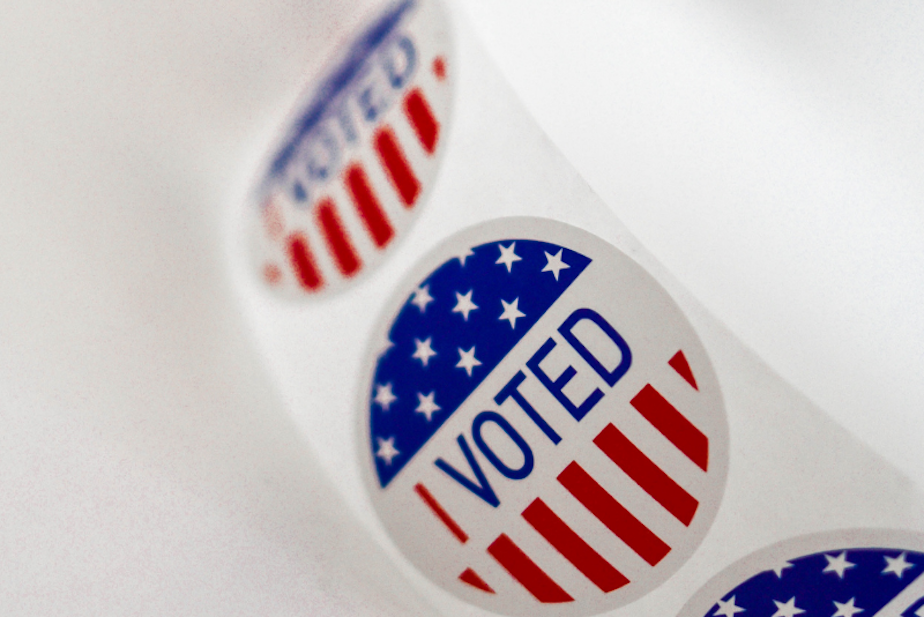Educators use mock elections to teach students 'people can disagree and remain civil'

Advisory votes, referendums and initiatives, the difference between the House of Representatives and the Senate, there's a lot to learn if you plan on voting and school is one place to get that information.
Katie Agren sometimes brings her ballot to class before she fills it out to show students. It's intimidating.
"Kids are just gonna go cross eyed and like, check out if they see that," says Agren, a 7th grade social studies teacher at Chinook Middle School in Lacey who primarily teaches Washington state history.
In Washington, the Secretary of State provides election materials for educators, including a model ballot, which is a truncated version of the official ballot sent to voters. Agren and other teachers in the state use the ballots to hold mock elections.
Agren says it has been difficult to keep students engaged in voting, but in the last few years, she hit on a new strategy; holding class meetings using parliamentary procedure. Students became accustomed to voting and saw the impacts of their vote on class policies. Classroom turnout during this year's mock election is close to 50%.
"It doesn't sound like a lot," Agren says. "But I find that each year, I get a little bit better about connecting it with what kids are interested in."
Sponsored
On this year's mock election ballot, there are advisory votes and candidates for the U.S. Senate. Agren admits the class gets a bit more excited about the latter because they see TV ads for Senate candidates.
In Agren's class election, advisory vote 39 was repealed by 89% and advisory vote 40 was repealed by 63%. In the U.S. Senate election, Patty Murray received 44% of the vote, while Tiffany Smiley came in at 38% of the vote. There were also a number of write-in votes, most went to LeBron James, TikTok personality Brent Peterson, fellow students, and Supreme Court candidate Mary Yu.
Agren says that teaching elections can be difficult, especially in today's political environment. Talking about highly divisive topics like politics in the classroom is challenging and she works hard to not show bias toward candidates or issues. Still, Agren says, it's vital to teach about elections and demonstrate to students that people can disagree and remain civil.
"It's how we engage with society and the forces that are really like life and death for us," Agren says. "We have to dive in. We have to have the hard conversations and we have to do it in a way that's really respectful and invites everyone into the conversation."





